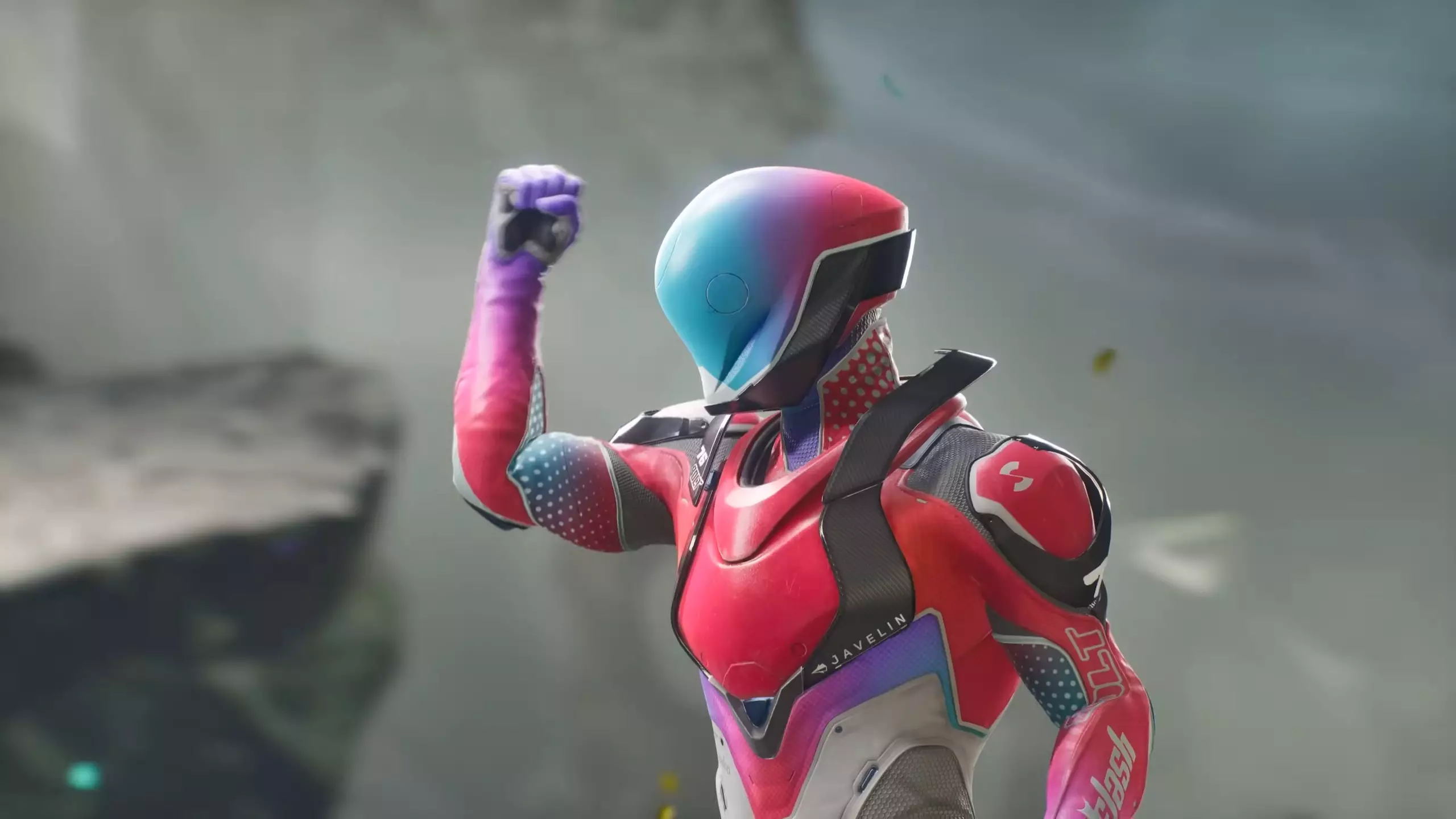In the ever-evolving landscape of first-person shooters (FPS), few titles have captured the audience’s attention quite like Splitgate. The game, a unique blend of portal mechanics reminiscent of Portal and traditional arena shooting, carved a niche that resonated with casual gamers and enthusiasts alike. Anticipation for its sequel, Splitgate 2, was palpable, fueled by its promise of new modes and improved mechanics. Yet, as the excitement built, so did potential pitfalls. The recent Summer Game Fest was a key moment to showcase this title, but instead of building anticipation, it turned into a soapbox for public relations missteps and cringe-worthy moments that could haunt developers for years.
Moments of Misjudgment
No one can deny the opportunity presented by a major gaming event like the Summer Game Fest. This platform can propel titles into the spotlight, elevating them from obscure projects to must-play experiences. However, Ian Proulx, cofounder and CEO of 1047 Games, managed to squander this chance with remarks that painted the game’s ethos in an unfavorable light. By denouncing competitors like Call of Duty while simultaneously launching a battle royale mode, Proulx inadvertently highlighted the contradictions within the game’s messaging, creating an optics nightmare that reverberated across gaming communities.
The dissonance between his statements and the gameplay reveal was jarring. Fans expecting a fresh take on FPS mechanics were left bewildered by the juxtaposition of his disdain for established franchises and their bankability, particularly in the era of battle royale dominance initiated by titles like Apex Legends. Proulx’s comments, rather than generating excitement, became fodder for cynicism and ridicule, demonstrating how a single appearance can derail momentum and transform potential triumph into a public relations blunder.
Community Backlash
It is no secret that the online gaming community can be harsh. The immediate reaction to Proulx’s performance was swift and unforgiving. Social media platforms lit up with scathing commentary, as fans poured their disbelief into forums and threads dedicated to Splitgate. The predominant sentiment was one of embarrassment, not just for Proulx but for the entire project. The discontent was palpable; with every cringe-worthy moment, the community expressed not only disappointment but also a sense of betrayal. They felt that the very fabric of the game they had invested time and passion in was being put at risk by a miscalculated performance.
The need for a game to connect with its community has never been more crucial. Fans invested in the future of a game need to feel that developers understand and respect their desires. Disparaging comments, especially ones that seem to trivialize beloved franchises, can lead to a fracture in that relationship. It’s one thing to push boundaries and challenge the status quo; it’s another to isolate yourself from the very fanbase that’s crucial for a title’s long-term success.
The Irony of Marketing Mistakes
One of the most ironic aspects of Proulx’s statements was his insistence on wanting to “Make FPS Great Again,” a phrase that even the most unapologetic fans found cringe-inducing. This phrasing seemed to embody everything that had gone awry during his presentation, inadvertently mocking the very culture of gaming he purported to aspire to uplift. Coupled with the use of mainstream music like Imagine Dragons in their battle royale trailer, one couldn’t help but feel that the marketing strategies were more focused on blanket appeal rather than genuine community engagement.
The importance of authentic branding in the gaming industry cannot be overstated. Players gravitate towards titles that feel like an extension of their values. The dissonance between music choices, marketing phrases, and even gameplay modes can sour fans on a project they once adored. If developers fail to ground their games in authenticity and respect for the community, the results can be catastrophic.
A Lesson in Humility
Ultimately, the saga of Splitgate 2 serves as a cautionary tale for developers everywhere. It is a reminder that the gaming community values authenticity, connection, and respect over aggressive marketing tactics or dismissive commentary on existing franchises. Moreover, it highlights the potential consequences of losing sight of those core values in a fast-paced industry where every move is scrutinized. As we look ahead to future releases, it would do developers well to remember that fostering goodwill with fans is just as important as creating an impressive gameplay experience.

